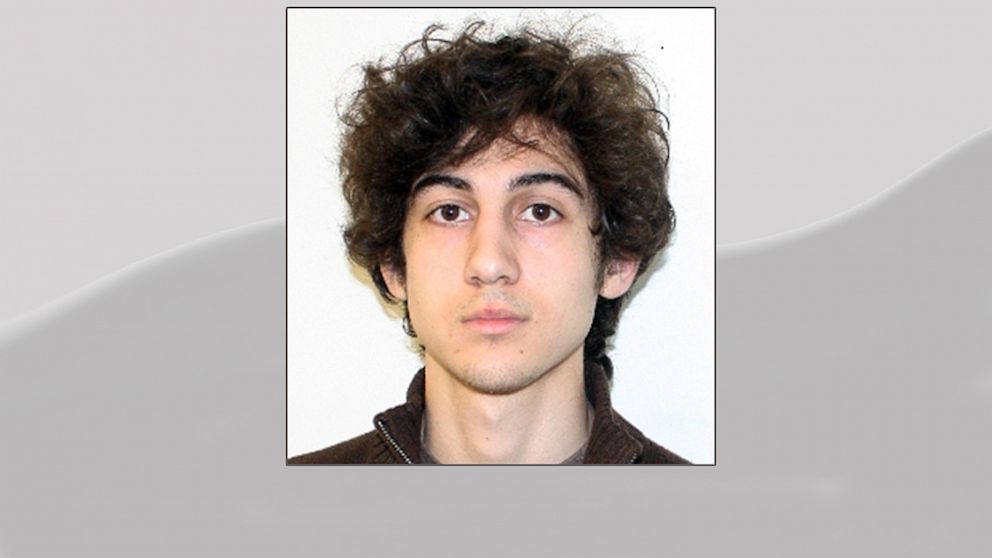Boston Bomb Suspect Says Prison Restrictions Violate His Civil Rights
Judge wants prosecutors to decided on death penalty by Jan. 1.

BOSTON Nov. 12, 2013 -- Lawyers for accused Boston bomber Dzhokhar Tsarnaev said prison restrictions on the suspect were so tight they violate his civil rights and the judge conceded they may interfere with Tsarnaev's ability to defend himself in court.
But prosecutors argued that the tough restrictions on Tsarnaev were necessary because Tsarnaev's communication with people other than his lawyers "could result in death or serious bodily harm."
"Tsarnaev's desire to inspire others to commit acts of terrorism is evident in the message he wrote in pen on the inside of the boat,'' the government wrote in its opposition to lift prison restrictions. "This was a clarion call to radical militants."
Tsarnaev was captured after being wounded while hiding in a boat. According to a government brief, he wrote on the inside of the boat "The U.S. government is killing our innocent civilians. As a Muslim I can't stand to see such evil go unpunished, we Muslims are one body, you hurt one, you hurt us all..."
Tsarnaev will face the death penalty if convicted in the sweeping terrorism and murder charges he is facing, federal prosecutors said in court today.
The death penalty recommendation will be made by U.S. Attorney Carmen Ortiz, but Attorney General Eric Holder will ultimately determine whether Tsarnaev could face capital punishment. U.S. District Court Justice George O'Toole ruled from the bench that the government must present its decision by Jan. 31.
That ruling came during a hearing to address complaints from Tsarnaev's defense team that restrictions imposed on him at the Fort Devens federal prison facility where he is being held impedes his civil right to a fair trial.
The prison restrict visits to immediate family and attorneys and ban him from praying with other prisoners, prayer and television.
The American Civil Liberties Union filed a memorandum with the court calling Tsarnaev's jailhouse conditions "torture," but O'Toole ordered that the ACLU memo expunged from the federal court record.
Nevertheless, O'Toole was sympathetic to Tsarnaev's attorneys' assertions that the prison restrictions could violate the accused terrorist's civil rights. Tsarnaev, who is originally from Dagestan, became a U.S. citizen on Sept. 11, 2012.
"I agree enough with the defendant. It may concern adequate preparation for the case,'' O'Toole said from the bench, adding that he was not concerned whether the restrictions "are annoying, but whether they are inhibiting."
The defense also argued that the government has refused to cooperate with discovery requests for evidence critical to their client.
Tsarnaev, 19, is a former UMass-Dartmouth student. His older brother, Tamerlan Tsarnaev, 26, was killed during a firefight with police in Watertown, Mass., just days after the brothers allegedly dropped two pressure-cooker bombs along the finish line of the Boston Marathon, killing three – including an 8-year-old boy – and wounding at least 260 others.
The government, Tsarnaev attorney Miriam Conrad argued, has told the defense team: "We'll decided what to disclose and when to disclose it."
"The time is now,'' Conrad told the court.
Specifically, the defense team wants information about a triple homicide in Waltham, Mass., committed on the 10 year anniversary of the Sept. 11 terror attacks that both Tsarnaev brothers have been implicated in, Conrad said.
No one has been charged in that triple murder.




